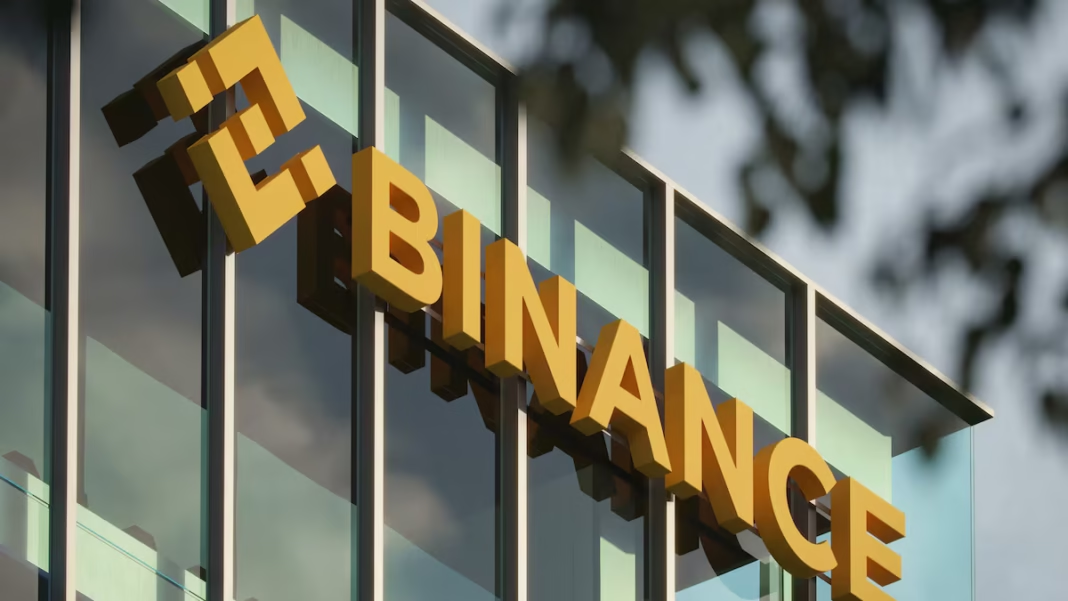Nigeria’s recent lawsuit against Binance, the world’s largest cryptocurrency exchange, is sending shockwaves through the global crypto industry.
The West African nation is seeking a staggering $81.5 billion in economic damages and back taxes, accusing Binance of tax evasion and operating without a proper license.
While crypto regulations have been a point of contention worldwide, this lawsuit could mark a turning point in how governments engage with digital asset platforms.
The Case Against Binance: What’s Happening?
The Nigerian government has accused Binance of facilitating currency speculation, tax evasion, and violating financial regulations.
Authorities claim that the platform contributed to the rapid depreciation of the Nigerian naira by enabling unauthorized forex transactions. The lawsuit follows months of regulatory scrutiny, during which two Binance executives were detained in early 2024.
According to court documents, Nigeria’s Federal Inland Revenue Service (FIRS) is demanding $2 billion in back taxes, while the government claims the crypto exchange is responsible for $79.5 billion in economic losses.
Binance has denied wrongdoing and stated that it is cooperating with authorities to address compliance issues.
Crypto Regulation in Africa: A Growing Trend?
Nigeria’s actions against Binance come amid a broader push by African governments to regulate cryptocurrency. In recent years, African nations have taken varied approaches to digital assets:
- Kenya has imposed stricter tax policies on crypto exchanges.
- South Africa has classified crypto as a financial product, requiring platforms to register with regulators.
- Ghana and Zambia are piloting central bank digital currencies (CBDCs) as alternatives to decentralized crypto.
Nigeria’s move could embolden other governments to take a firmer stance against unregulated exchanges operating within their borders.
Could This Set a Global Precedent?
Nigeria is not the first country to go after Binance, but its lawsuit is among the most aggressive legal actions taken against the platform. Previously:
- The U.S. fined Binance $4.3 billion in 2023 for violating anti-money laundering laws.
- India cracked down on crypto exchanges over tax evasion concerns.
- The U.K. and Japan have restricted Binance’s operations due to regulatory non-compliance.
If Nigeria succeeds in its lawsuit, it could set a precedent for emerging markets to take similar action against crypto platforms. Other countries struggling with currency devaluation may look to hold Binance accountable for facilitating unofficial forex trades.
What This Means for Binance and the Crypto Industry
For Binance, the legal battle could lead to further regulatory scrutiny in Africa and beyond. If the lawsuit results in a settlement or a hefty penalty, it may prompt the exchange to tighten compliance measures or even limit services in certain regions.
For the broader crypto industry, Nigeria’s aggressive approach signals that governments are no longer tolerating regulatory loopholes. Exchanges operating in emerging markets may need to reconsider their strategies to avoid similar confrontations.
Final Thoughts
Nigeria’s lawsuit against Binance is more than just a legal battle—it’s a test case for how nations will regulate cryptocurrency in the coming years.
If the case succeeds, other governments could follow suit, forcing crypto exchanges to rethink their operations in developing economies.
If it fails, it may indicate that enforcing traditional financial laws on decentralized platforms remains a significant challenge.
Either way, the case is a watershed moment for crypto regulation in Africa and beyond.
Also Read
